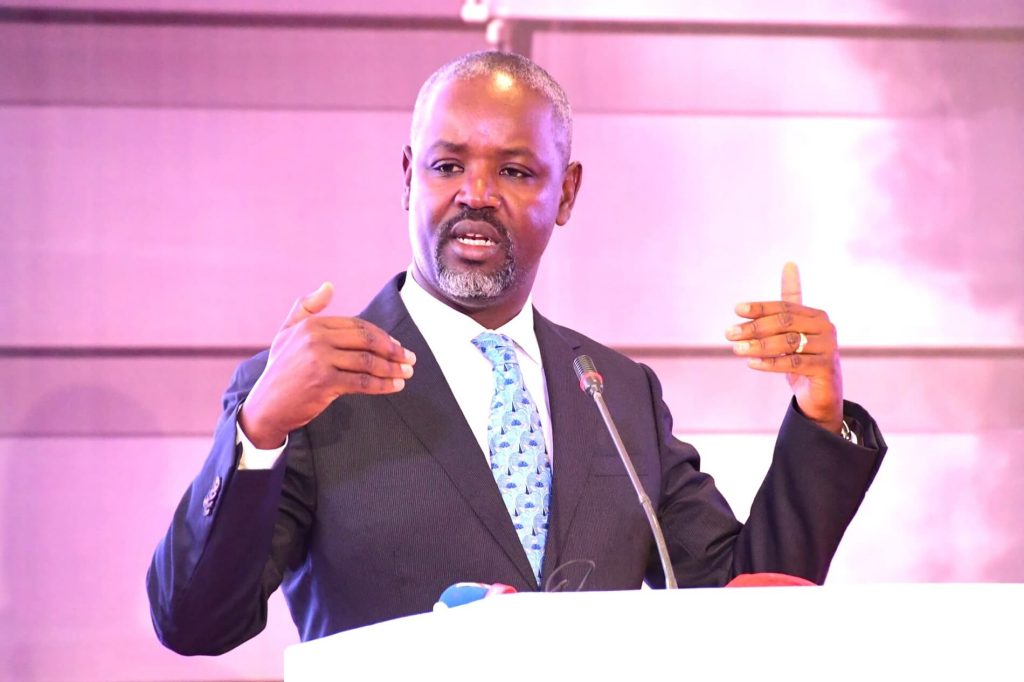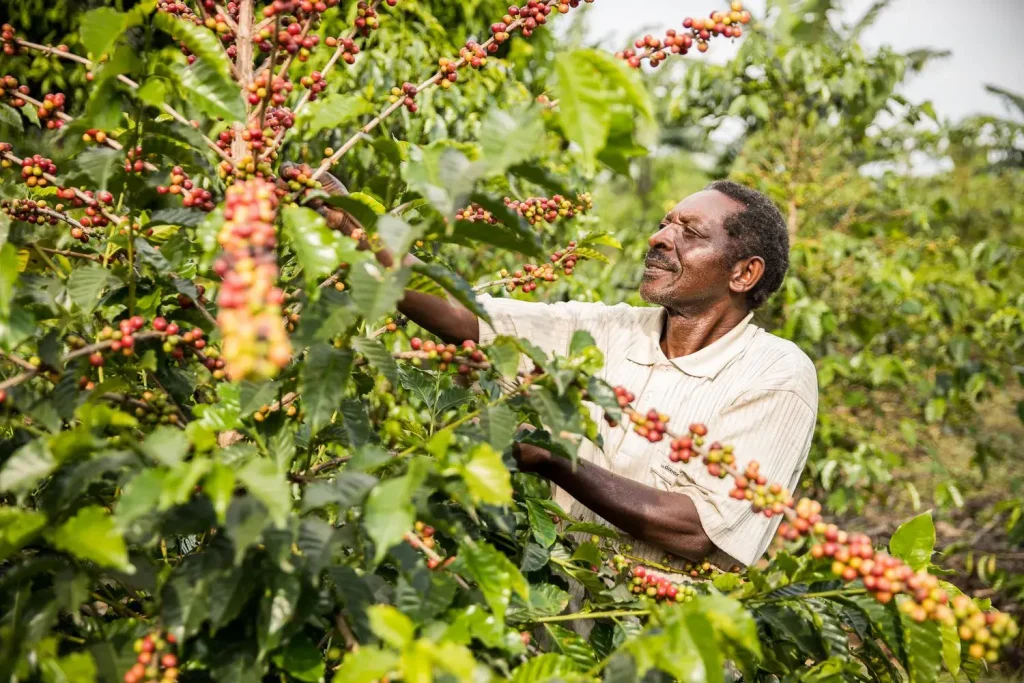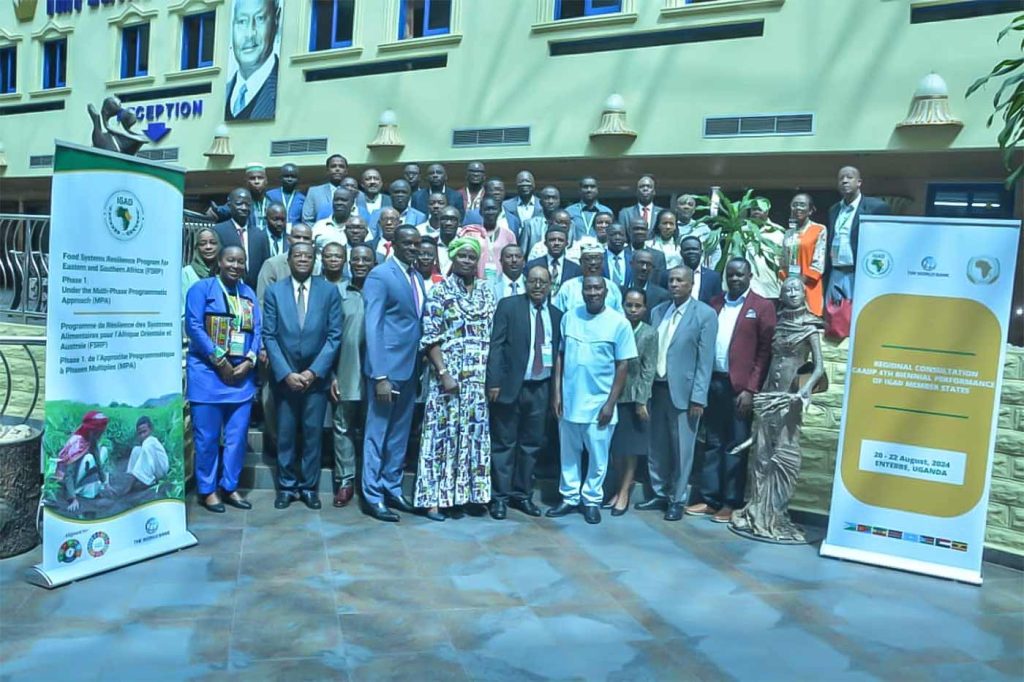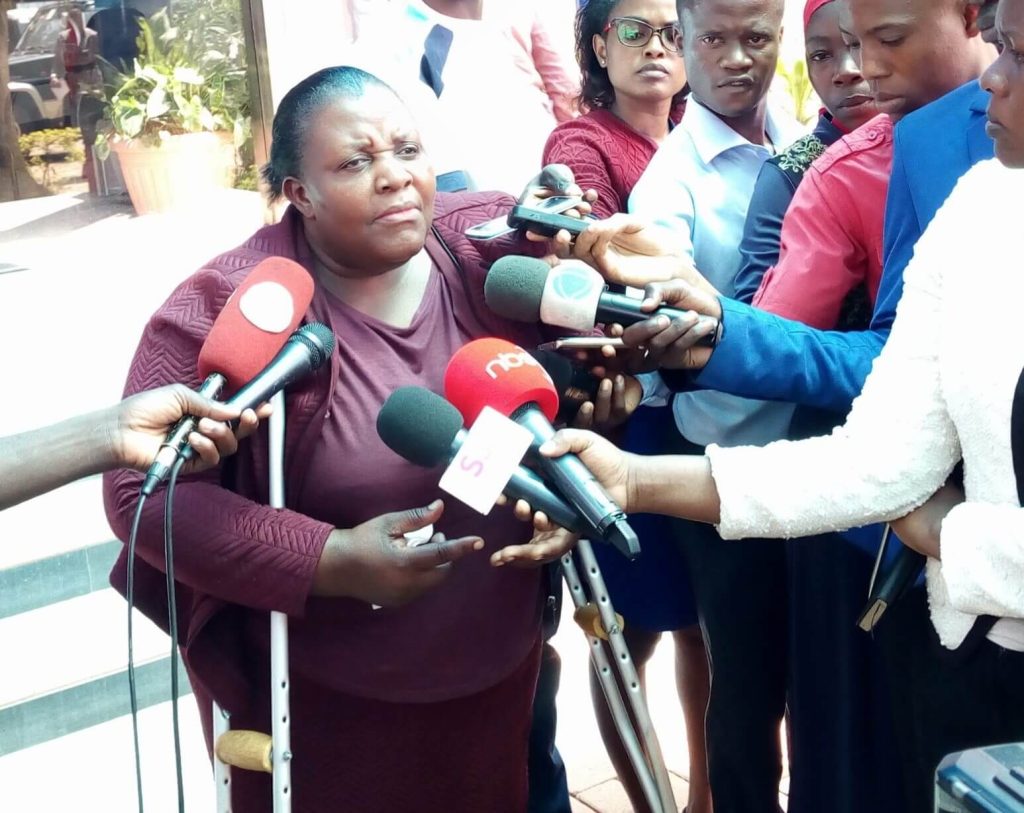Introduction
Civil society organizations from Uganda and Tanzania are uniting to protest China’s support for the East African Crude Oil Pipeline (EACOP). This article delves into the reasons behind their petition delivery to the Chinese Embassy and the potential ramifications of the EACOP project.
Who Are the Civil Society Organizations?
Civil society organizations (CSOs) are non-governmental entities that operate independently of the government. In this case, CSOs advocating for environmental conservation in Uganda and Tanzania are leading the protest against EACOP. These organizations play a crucial role in amplifying community voices and holding governments and corporations accountable for their actions.
What is the East African Crude Oil Pipeline (EACOP)?
The EACOP is a major infrastructure project aimed at transporting crude oil from Uganda’s oil fields to the Tanzanian port of Tanga for export. Spanning approximately 1,445 kilometers, the pipeline traverses sensitive ecosystems and communities, raising concerns about its environmental and social impact.
Why are Civil Society Organizations Protesting?
The protest against EACOP stems from profound environmental and social concerns. CSOs argue that the pipeline’s construction poses a significant threat to the region’s biodiversity, water sources, and indigenous communities. Additionally, they fear that oil spills and leaks could devastate livelihoods and ecosystems for generations to come.
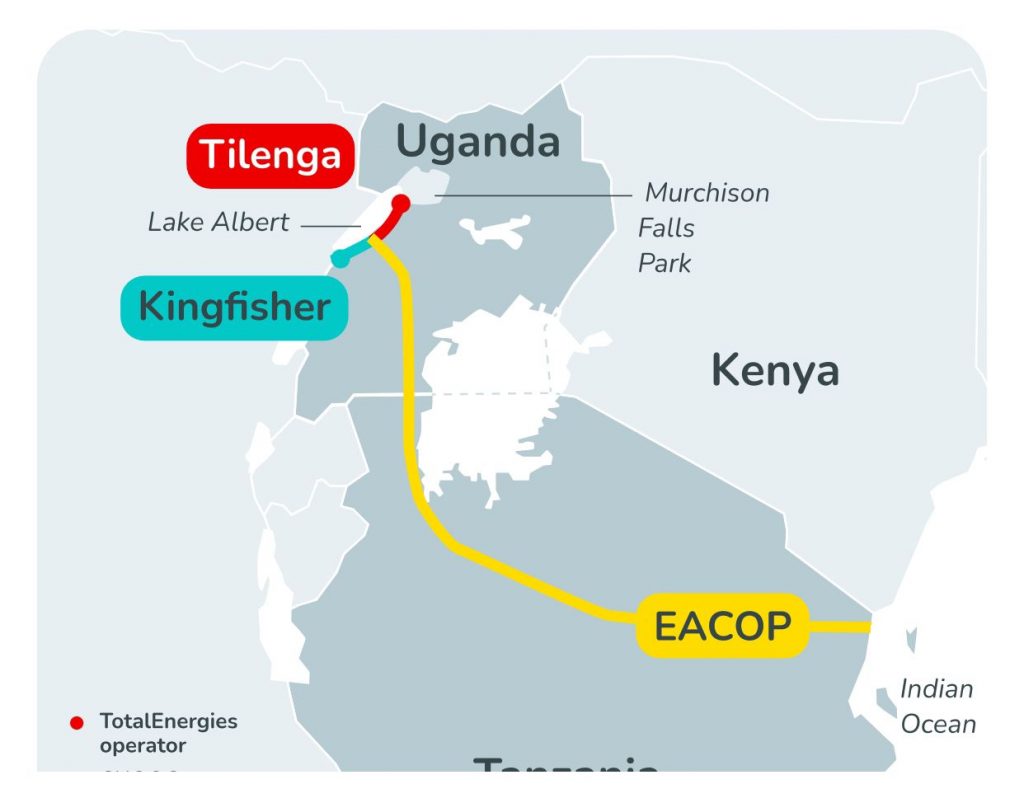
Brain Atuheire’s Statement
Brain Atuheire, the Executive Director of the African Institute on Food Security and Environment (AIFE), emphasizes the urgency of the situation. He asserts that CSOs have already reached out to the Chinese President, urging him to reconsider China’s support for EACOP. Atuheire stresses that the project’s continuation jeopardizes millions of lives and exacerbates the global climate crisis.
Impact of EACOP Construction
The construction of EACOP threatens to irreversibly damage fragile ecosystems and disrupt local communities’ way of life. From deforestation to soil erosion, the environmental repercussions are vast. Moreover, marginalized groups, including indigenous peoples and smallholder farmers, face displacement and loss of access to essential resources.
China’s Role in Supporting EACOP
China’s involvement in funding and supporting EACOP underscores its strategic interests in Africa’s natural resources. As a major investor in the region, China plays a pivotal role in shaping the continent’s development trajectory. However, CSOs argue that China must prioritize environmental sustainability and human rights in its partnerships.
Petition Delivery to the Chinese Embassy
Today, CSOs are delivering a petition to the Chinese Embassy, demanding accountability and a reassessment of China’s support for EACOP. The petition highlights the urgent need to safeguard the region’s ecosystems and communities from the adverse effects of the project.
Calls for Chinese President’s Response
CSOs have set a deadline for the Chinese President to respond to their concerns by June 10th, 2024. The significance of the President’s response cannot be overstated, as it will signal China’s commitment to environmental protection and sustainable development in Africa.
Potential Next Steps
In the event that their demands are not met, CSOs are prepared to escalate their advocacy efforts. This may include legal action, international lobbying, and public campaigns aimed at raising awareness about EACOP’s detrimental impacts.
Global Implications
The EACOP project has far-reaching implications beyond East Africa. As the world grapples with the climate crisis, the reckless pursuit of fossil fuel infrastructure threatens to undermine global efforts to mitigate climate change. International solidarity and support are crucial in addressing this pressing issue.
The Way Forward
Moving forward, it is imperative for stakeholders to engage in constructive dialogue and explore sustainable alternatives to fossil fuel dependency. CSOs, governments, and corporations must work together to ensure that development initiatives prioritize people and planet over prof

